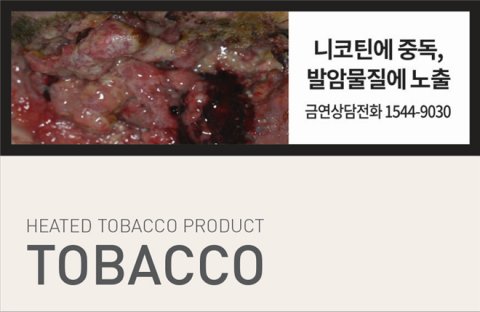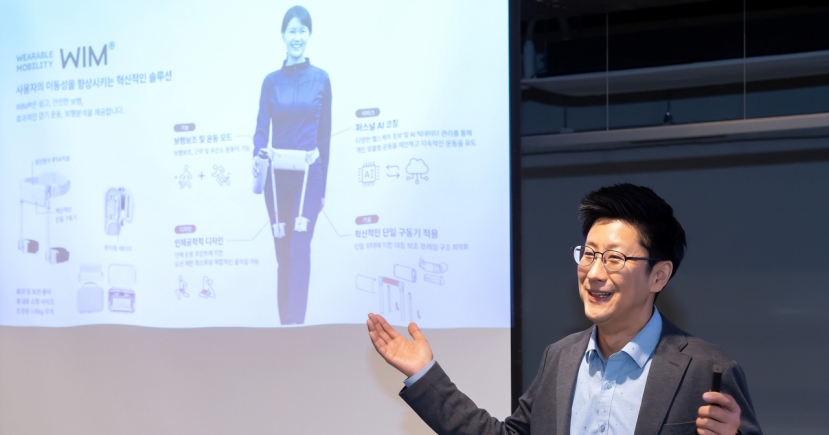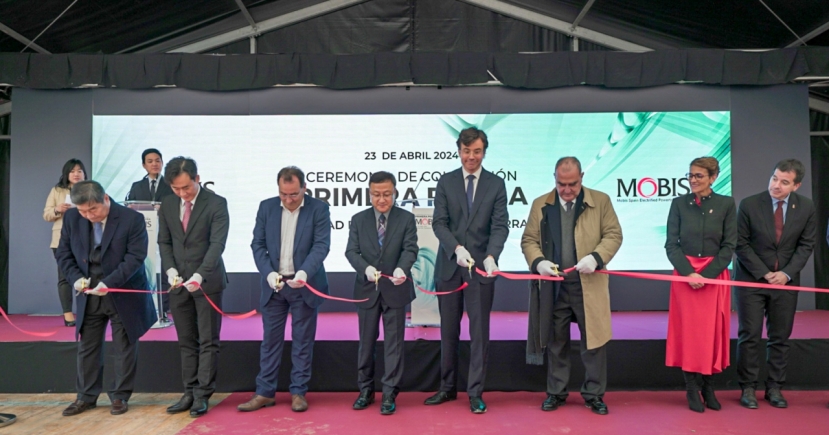Retail & Consumer
Korea goes ahead with graphic photo warnings for IQOS
[THE INVESTOR] The Korean government on June 17 said it has decided to enforce heat-not-burn cigarettes like Philip Morris International’s popular IQOS sticks to carry graphic images -- the first of its kind globally -- amid the ongoing dispute over health hazards of tobacco alternatives here.
Currently, HNB products carry a needle image to warn of risks but it will be replaced with more graphic warnings like a picture of cancer-ridden organs from Dec. 23. In other key markets like the US and Japan, HNB cigarettes come with text warnings only.
 |
“The decision was made based on the drug safety agency’s recent inspection results, which showed HBN cigarettes contain substances that can cause diseases like cancer,” Jung Young-gi, a Health Ministry official said.
The ministry held a public hearing over the past month and of the total 151 people interviewed, including experts and representative of civic groups, 143 supported the idea of putting more graphic warnings on HNB cigarette packages.
“Our policy direction is recommending people to quit smoking. We cannot recommend them to move on to a different type of cigarette that may be less harmful,” the official added.
As of April this year, 9.4 percent of Korean smokers switched to HNB cigarettes, according to the ministry. PMI was the biggest player with up to 60 percent market share, followed by KT&G and British American Tobacco.
The unprecedented decision is expected to cause more complaints among cigarette makers who have clashed with the government over its tougher stance against HNB products than in other countries.
Earlier this month, Korea’s drug agency released its own findings on the toxicity of two HNB cigarettes -- PMI’s IQOS and KT&G’s Lil -- saying they may contain less toxicants compared to conventional cigarettes but that doesn’t necessarily mean they are less harmful.
The agency’s research results were actually in line with those in other countries but cigarette makers claim a stricter interpretation like stressing the higher content of tar could be misleading for consumers with related clinical trials still underway around the world.
In a separate statement on the day, PMI refuted again that tar should not be the absolute standard element in gauging safety of HNB products, citing its own clinical study that showed switching to IQOS reduced health risks, including those for heart and lung-related diseases.
By Song Seung-hyun (ssh@heraldcorp.com)








